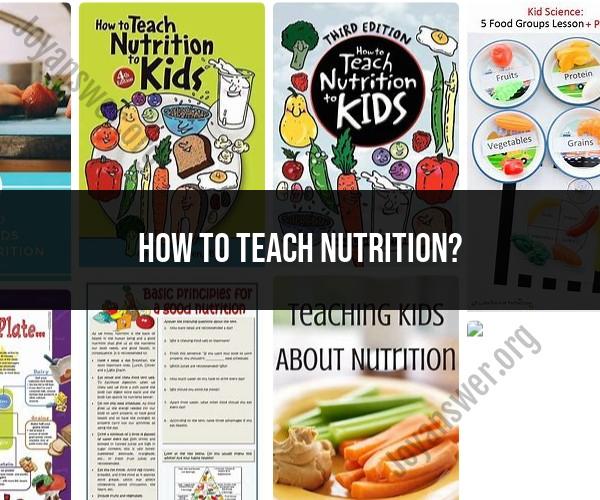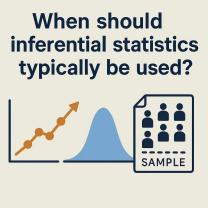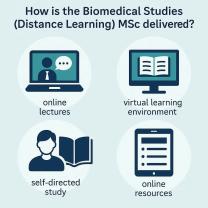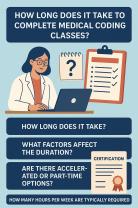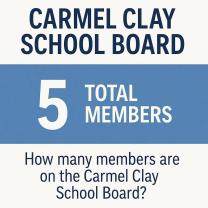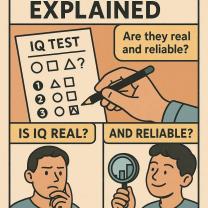How to teach nutrition?
Teaching nutrition effectively involves a combination of educational strategies and approaches to help individuals understand the importance of healthy eating and make informed dietary choices. Here are steps and strategies for teaching nutrition:
Understand Your Audience:
- Identify the age group, educational level, and prior knowledge of your audience. Tailor your teaching approach accordingly.
Set Clear Learning Objectives:
- Define specific goals and learning outcomes for your nutrition education program. What do you want your audience to learn and achieve?
Use Engaging Resources:
- Utilize a variety of teaching materials such as visual aids, interactive tools, videos, and handouts to make the content engaging and accessible.
Start with the Basics:
- Begin with fundamental concepts like the food groups, macronutrients (carbohydrates, proteins, fats), and micronutrients (vitamins and minerals).
Promote Critical Thinking:
- Encourage participants to think critically about nutrition information. Discuss common misconceptions and myths.
Emphasize Balanced Eating:
- Teach the importance of a balanced diet that includes a variety of foods from all food groups. Discuss portion sizes and moderation.
Explain Reading Food Labels:
- Show how to read and interpret nutrition labels on packaged foods. Discuss key terms like calories, serving size, and % Daily Value.
Discuss Dietary Guidelines:
- Explore national or regional dietary guidelines and their recommendations for healthy eating patterns.
Cooking and Food Preparation:
- If possible, include hands-on cooking demonstrations or lessons. Teach basic cooking skills and recipes that promote nutritious meals.
Address Special Dietary Needs:
- Discuss dietary considerations for individuals with specific health conditions (e.g., diabetes, food allergies, gluten intolerance).
Promote Food Safety:
- Teach food safety practices to prevent foodborne illnesses, including proper food storage, handling, and cooking techniques.
Use Real-Life Examples:
- Share real-life success stories and examples of individuals who have made positive changes to their diet and health.
Interactive Activities:
- Incorporate group discussions, quizzes, and interactive activities to reinforce learning and engage participants.
Assessment and Feedback:
- Evaluate participants' understanding and knowledge periodically through quizzes or assignments. Provide constructive feedback.
Be Culturally Sensitive:
- Respect cultural dietary preferences and restrictions. Adapt your teaching materials and examples to be culturally sensitive.
Encourage Questions:
- Create an open and non-judgmental environment where participants feel comfortable asking questions about nutrition.
Promote Lifelong Learning:
- Stress the importance of continued nutrition education and staying updated on current research and dietary recommendations.
Follow-Up and Support:
- Provide ongoing support and resources for participants to maintain healthy eating habits beyond the educational program.
Collaborate with Experts:
- If possible, bring in registered dietitians or nutritionists to provide expert guidance and answer specific questions.
Feedback and Evaluation:
- Seek feedback from participants to continuously improve your nutrition education program.
Effective nutrition education involves both teaching knowledge and empowering individuals to make healthy choices in their daily lives. Adapt your teaching approach based on the needs and goals of your audience, and remember that small, sustainable changes in dietary habits can lead to significant improvements in overall health.
